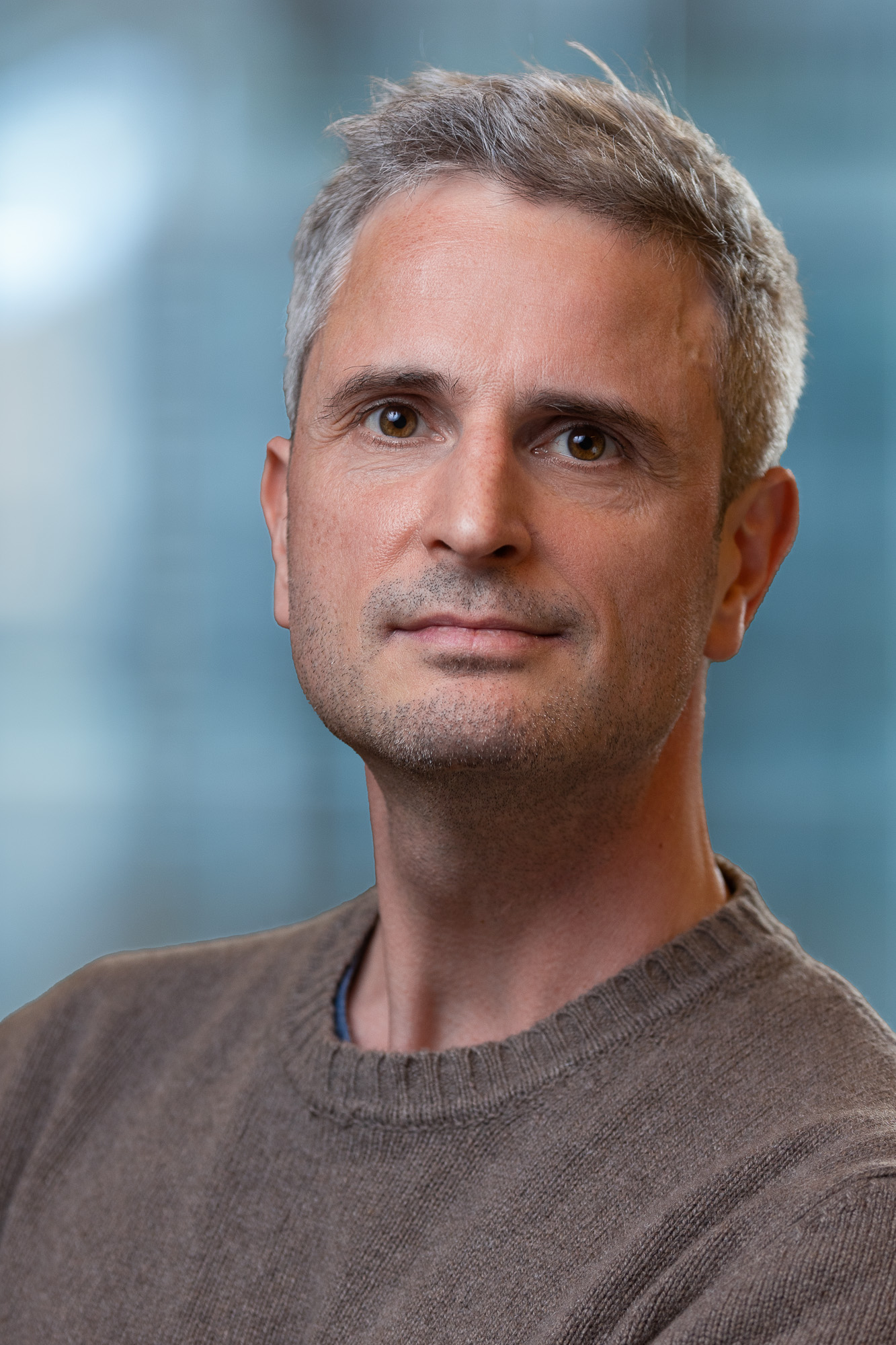
Department of Obstetrics and Gynecology
Position: Associate Professor
ORCID: 0000-0001-8440-5221
T +43 1 40400 78340
juergen.pollheimer@meduniwien.ac.at
Keywords
Cell Differentiation; Developmental Biology; Placenta
Research group(s)
- Maternal-Fetal Immunology Group (MFIG)
Research Area: placenta, trophoblast, trophoblast differentiation, trophoblast invasion, maternal immune responses during pregnancy, pregnancy pathologies, gestational trophoblast diseases, decidual immune cells, placenta organoids, primary trophoblast cultures,
Members:
Techniques, methods & infrastructure
Our research interests lie in the principles of extravillous trophoblast (EVT) differentiation and function. In addition, we focus on immunological aspects during early pregnancy.
We currently have four main areas of research:
- Polyploidization and gene copy number variations in EVTs of normal and complete mole placentas
- Characterization of the EVT-specific secretome
- Characterization of tissue-specific macrophage signatures in the placenta and decidua
- Vascular alterations, immune cell distribution and function in decidual and endometrial tissues of women suffering from idiopathic, recurrent pregnancy losses.
Moreover, we are currently interested to study the regulatory effect of placenta-derived EVTs on transcriptional and phenotypical variations within decidual macrophages. To this end, we aim to perform SLAM-seq based analyses of 2D and 3D placenta organoid co-culture systems. Finally, we are interested to determine placenta-specific, EVT-enriched, secreted factors with the potential to serve as prognostic marker signatures to predict placental pathologies during early pregnancy.
Grants
- Maternal immune responses induced by human placentation (2024)
Source of Funding: FWF (Austrian Science Fund), Einzelprojekt
Principal Investigator - Plazentations-abhängige Effekte auf deziduale Makrophagen (2020)
Source of Funding: FWF (Austrian Science Fund), Einzelprojekt
Principal Investigator - Trophoblastäre und uterinen Wechselwirkungen in gesunden und pathologischen Schwangerschaften (2017)
Source of Funding: OeNB (Oesterreichische Nationalbank), Anniversary Fund
Principal Investigator - Assessment of placental aging during human pregnancy (2016)
Source of Funding: Herzfelder'sche Familienstiftung, Herzfelder´sche Familienstiftung
Principal Investigator - Liganden-unabhängige Kontrolle der extravillösen Trophoblastendifferenzierung (2012)
Source of Funding: FWF (Austrian Science Fund), Stand-Alone Projects
Principal Investigator - Die Plazenta: Funktion und Rolle während Schwangerschaftserkrankungen (2010)
Source of Funding: OeNB (Oesterreichische Nationalbank), Anniversary Fund
Principal Investigator - Die Rolle eines neu beschriebenen proteolytischen Enzyms (ADAM-12) in gesunden und pathologischen Schwangerschaften (2010)
Source of Funding: OeNB (Oesterreichische Nationalbank), Anniversary Fund
Principal Investigator
Selected publications
- Vondra, S. et al. (2023) ‘The human placenta shapes the phenotype of decidual macrophages’, Cell Reports, 42(1), p. 111977. Available at: https://doi.org/10.1016/j.celrep.2022.111977.
- Velicky, P. et al. (2018) ‘Genome amplification and cellular senescence are hallmarks of human placenta development’, PLOS Genetics. Edited by S. Mundlos, 14(10), p. e1007698. Available at: https://doi.org/10.1371/journal.pgen.1007698.
- Windsperger, K. et al. (2020) ‘Densities of decidual high endothelial venules correlate with T-cell influx in healthy pregnancies and idiopathic recurrent pregnancy losses’, Human Reproduction, 35(11), pp. 2467–2477. Available at: https://doi.org/10.1093/humrep/deaa234.
- Velicky, P. et al. (2018) ‘Pregnancy-associated diamine oxidase originates from extravillous trophoblasts and is decreased in early-onset preeclampsia’, Scientific Reports, 8(1). Available at: https://doi.org/10.1038/s41598-018-24652-0.
- Fock, V. et al. (2015) ‘Neuregulin 1-mediated ErbB2/ErbB3 signalling protects human trophoblasts against apoptosis to preserve differentiation’, Journal of Cell Science [Preprint]. Available at: https://doi.org/10.1242/jcs.176933.